More than 426,000 healthcare workers will receive a much delayed minimum wage increase to $25 as California Democrats agree to a pay bump amid budget talks.
The agreement between Gov. Gavin Newsom and legislative leaders is a small part of a large plan to shrink a $46.8 billion shortfall in the budget. This is the second year in a row that California has experienced a multibillion-dollar deficit.
A Quick Rush on Healthcare Pay Rise

Healthcare workers were meant to receive a raise in July 1, this year. It was part of the plan to raise their base pay to $25 over the next decade.
However, the boost will likely come on October 15 if the Legislature approves the measure this week. As inflation and cost of living rise dramatically in the state, support personnel who make the least in healthcare facilities are often forced to move further and further away from the hospitals where they are employed. The $25 minimum wage is meant to mitigate the difference.
Labor Unions in the State Fought Hard for the Increase

The state’s labor unions have been fighting for an increase in pay for healthcare workers for years. As they worked through the COVID-19 pandemic, many nurses and support staff struggled to stay afloat while experiencing burnout and low pay.
Although the measure may pass quickly, many labor representatives are worries that the raise won’t happen this summer and healthcare workers will need to wait longer to receive the boost.
What Is the Minimum Wage Now in California?

Currently, the minimum wage in California sits at $16. While this number is much higher than the national average, it costs a lot to live in a place so expensive, like California that also experiences large amounts of homelessness.
The state has also worked diligently to increase wages for other low-paid workers in high-demand jobs. Last April, Governor Gavin Newsom passed through a $20 minimum wage for fast food workers at businesses that have more than 64 locations.
Fast Food Minimum Wage Had Unintended Consequences
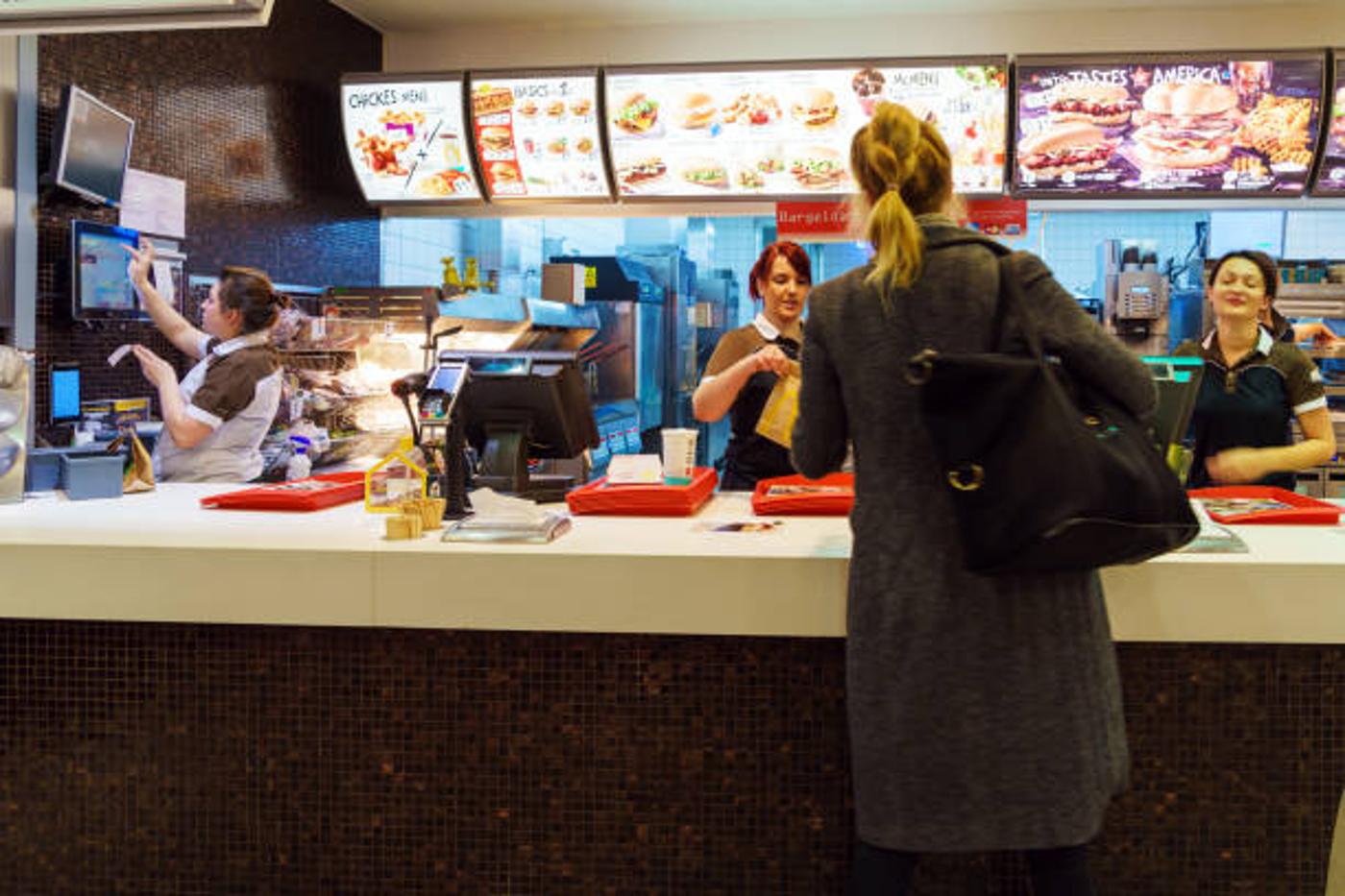
Nearly three months after California’s minimum wage took effect, several businesses have closed their doors for good, citing an inability to profit from the increased minimum wage they have been forced to pay their employees.
However, there may be some inaccuracies behind the closures. The only businesses affected were multimillion and billion-dollar corporations that were already making substantial profits. Part of a large business model is to keep wages and costs of business low so that the shareholders can keep a majority of the profit.
Higher Wages Have an Impact on the State Budget

The $20 minimum wage for fast food workers directly impacted business owners. Instead, the $25 minimum wage for healthcare workers will come from the state’s budget.
The issue of increasing the wage is slightly more complicated because of where the money comes from. The California health care budget also pays for medical benefits through the state’s Medicaid program and other necessary benefits for residents.
Rebounded California Revenue Helps Pay Out Workers
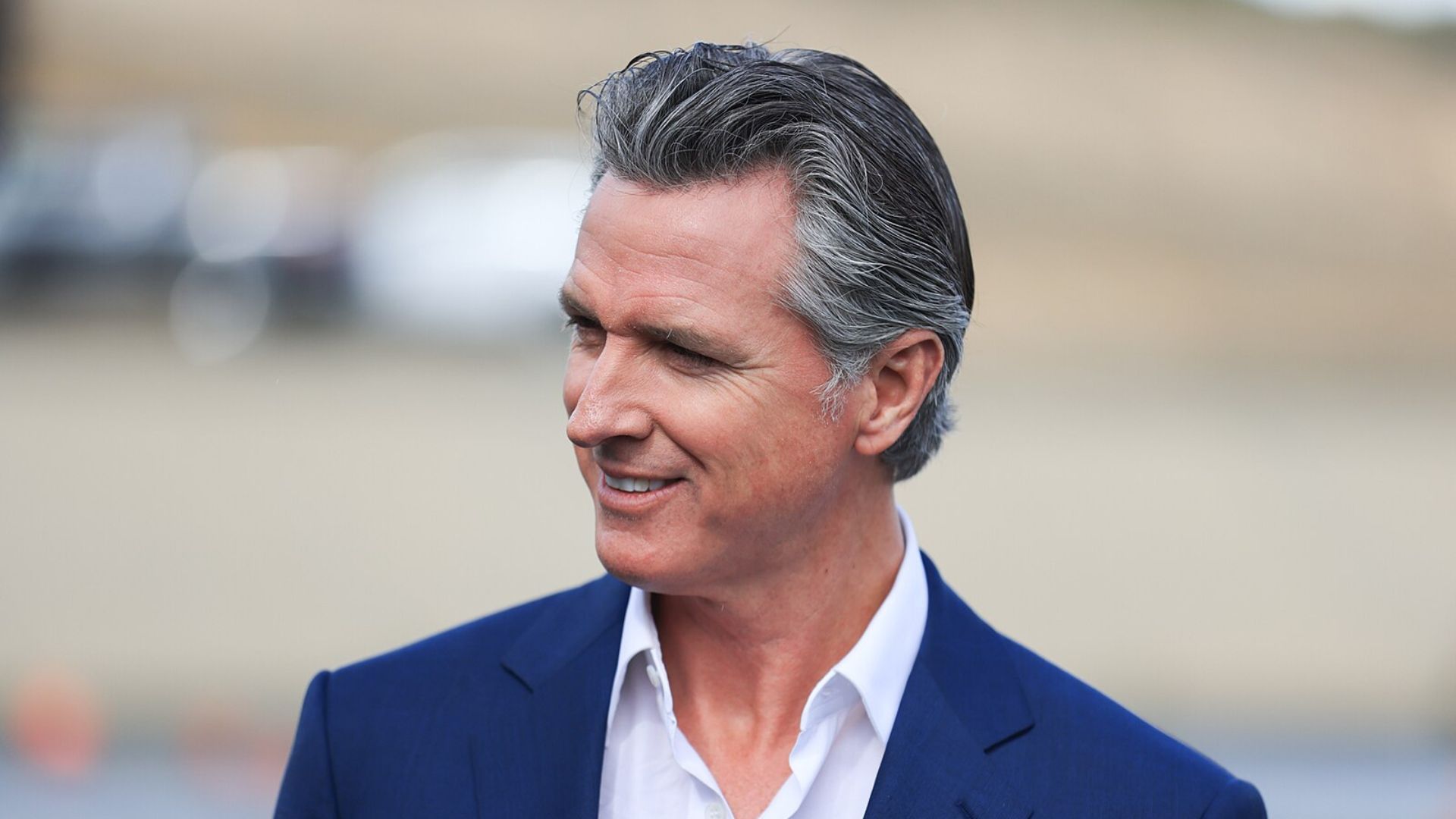
Although the state previously experienced a massive drop in revenue due to decreased tourism, revenue streams have recently rebounded to pre-pandemic levels.
In previous budget talks, the Newsom administration said that the minimum wage increase would cost the state roughly $2 billion in funding.
Massive Increases in Budget Spending Planned by Newsom
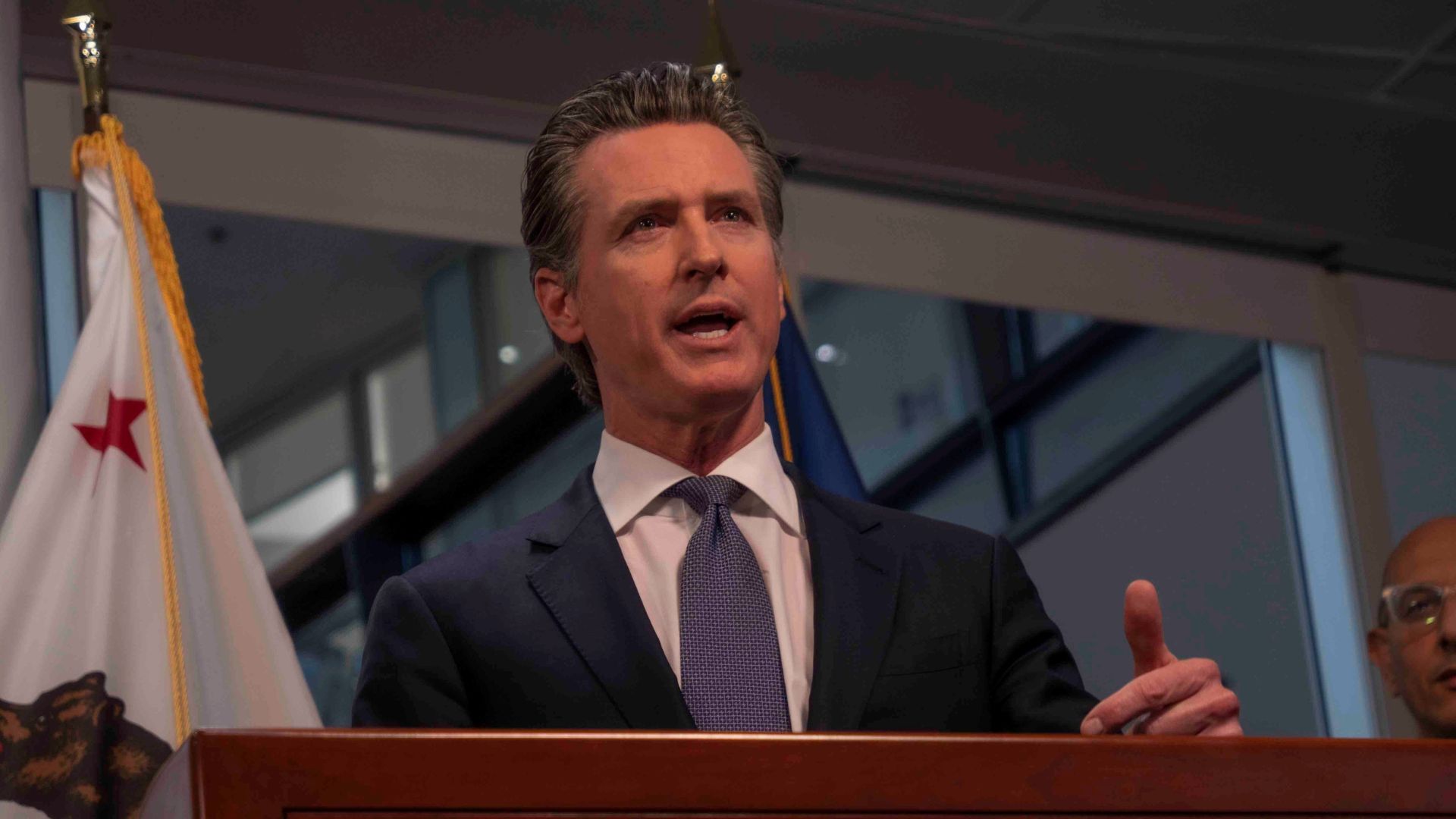
In total, the budget will approve spending of $297.9 billion over the next fiscal year. Newsom and his team agreed to make more than $16 billion in cuts, including a $110 million program that would help students from middle-class families pay for college.
Public housing will also take a hit as more than $1.1 billion will be removed from public housing programs and initiatives.
More Funding Approved for Nuclear Power

Healthcare workers are not the only ones in the state who will receive a budget boost this year.
More than $400 million will be lent to the utility Pacific Gas & Electric to help keep the state’s only nuclear power plant operational. Many lawmakers are opposed to this spending and assume that the money will never be paid back by failing nuclear power.
Doctors and Patients Are Also Part of the Budget Spending
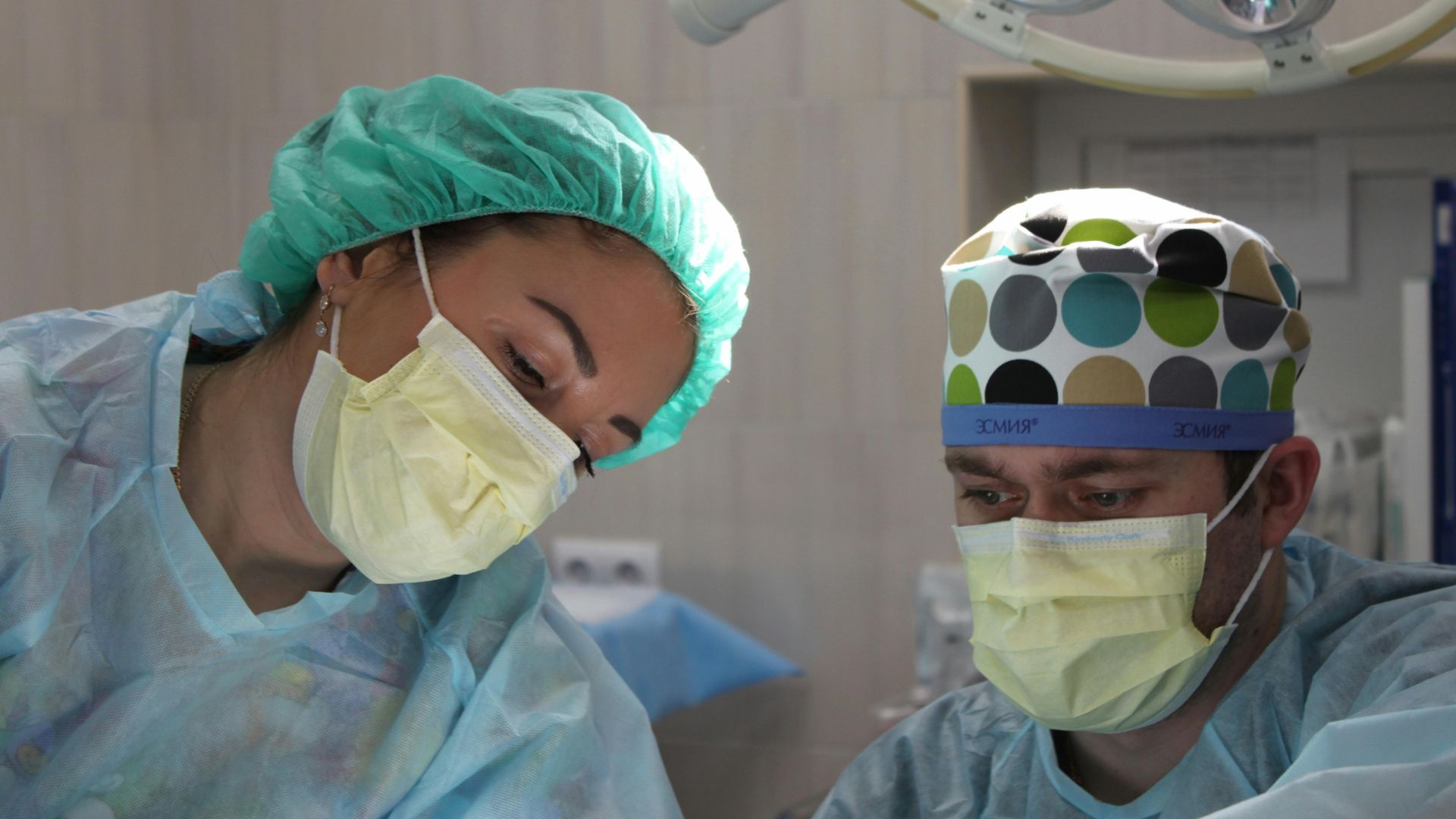
Doctors and patients will also have their spending improved through the Medicaid program.
Doctors have qualified for a measure on the November ballot that would force the state to pay them more for treating Medicaid patients than privately paying individuals. The result will hopefully end with Medicaid patients receiving better care.
Newsom Made a Bold Statement About Fiscal Responsibility
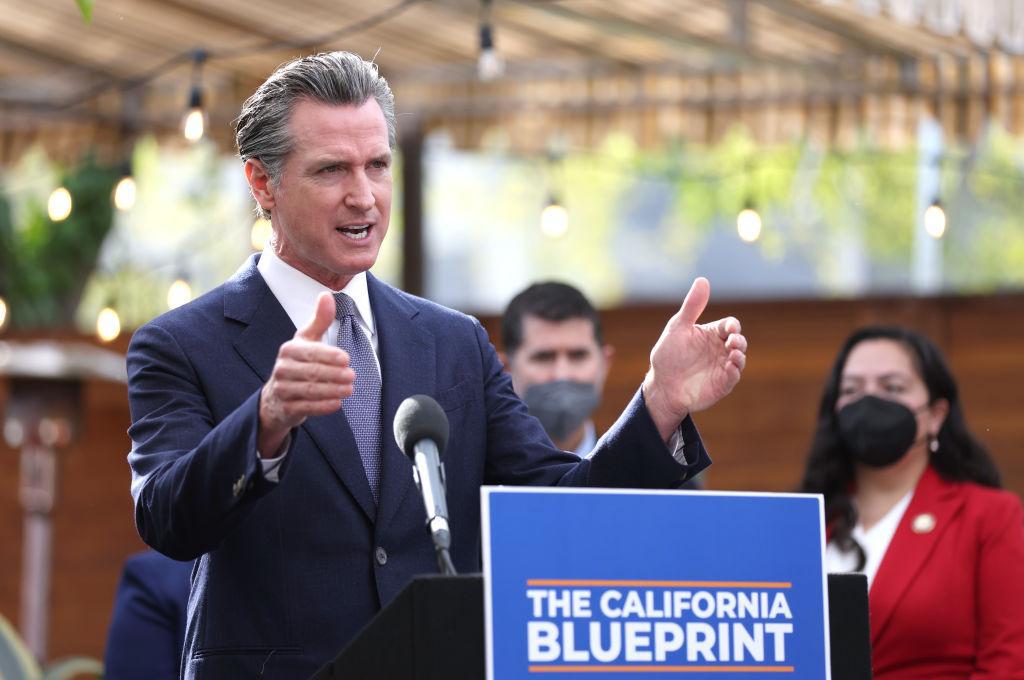
In response to the budget talks and criticism, the governor took to a press conference to defend the changes being made in the state.
“This agreement sets the state on a path for long-term fiscal stability — addressing the current shortfall and strengthening budget resilience down the road,” Newsom said.
Lawmakers Will Vote Next Week on the Resolution

If healthcare workers want to get their pay raise in September, then state officials will need to vote in favor of the resolution next week at a state committee meeting.
Democratic Assembly Speaker Robert Rivas said the Assembly “fought hard to protect the public services that matter most to Californians.”








































